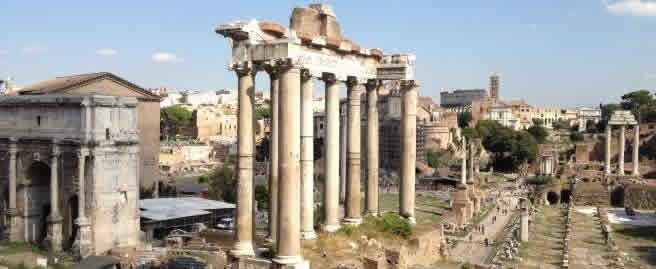The presence of ghosts is an important factor in the tourist industry of York and the most haunted building is alleged to be the Treasurer’s House.
The Forum’s guest speaker on the 4th of March was Glennis Whyte, a volunteer with the National Trust at the Treasurer’s House, whose subject was Ghostly Tales of Treasurer’s House. She assured members that she had an open mind as to the truth of her stories.
She began by relating the history of the house which had been owned by many people before being bought by Frank Green, a wealthy industrialist from Wakefield.
In 1930 he gave the property to the National Trust with certain restrictions on its use. Breaches of these conditions seemed to have been followed by unexplained occurrences such as movement of furniture and items witnessed by members of the staff and visitors.
Many people have reported seeing figures on the stairs who disappeared without reason. One particular instance involves a lady who invites children to sit on a chair, this figure only appears to children.
Finally Glennis mentioned the most famous ghosts when a young worker in the cellar witnessed a troop of Roman legionnaires marching by. This vision has been reported by other witnesses. Members joined in a discussion on the existence of ghosts, some being more sceptical than others.
Mike Earle proposed a vote of thanks to Glennis for a fascinating talk.



